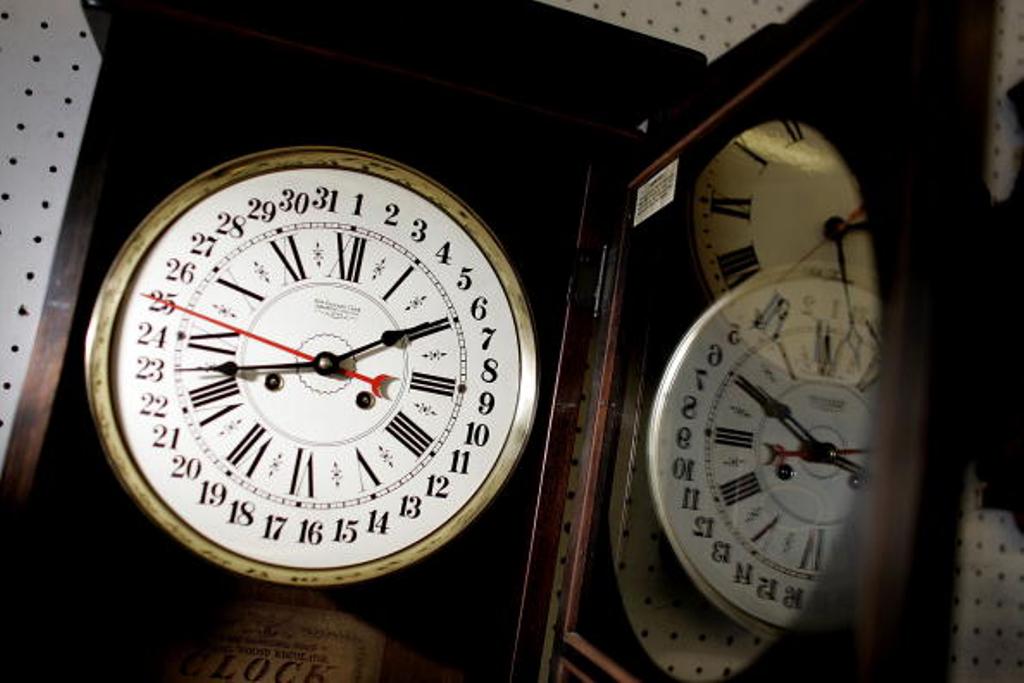Figuring out the optimal time to do tasks — like when to exercise or take certain medicines — can be a precise science.

This week, for instance, researchers revealed that flu shots given to seniors in the morning “may be more effective because the immune system is more responsive in the early hours of the day.”
A 2011 study also found that the prime time for immunizing infants if you want them to sleep longer is after 1:30 p.m.
READ MORE: Restless toddler at bedtime? Body clock may be to blame
In 2008, scientists discovered that giving cancer patients chemotherapy drugs in the afternoon (between 1 and 4 p.m.) made them twice as effective at shrinking tumours, plus reduced side effects by up to five times.
It’s believed that’s because cells divide at varying speeds throughout the day, and the afternoon window is when the “normal” cells in a person’s organs divide faster than cancer cells.
“By simply moving the drug to another time, you may simply reduce the side effects and the body itself can work with the drug and do better with fighting off the cancer,” explained Professor Russell Foster of the University of Oxford.
He’s spent nearly four decades studying the field of circadian rhythms, a.k.a our body clock.

Get weekly health news
“It’s a bit like an orchestra,” he offered as an analogy.
The conductor is our “master clock,” which is located at the base of our brain. It responds to light and gives cues to all the “little clocks” within the cells of our body.
Letting that circadian system help guide when you do certain activities can sometimes lead to increased performance.
“It’s been shown that Olympic swimmers can swim 100 metres almost three seconds faster in the late afternoon early evening than in the training sessions early in the morning,” said Foster.
Our muscles seem to be stronger at that time of day because they’re being fed more nutrients as a result of our higher core body temperature that increases our metabolic rate.
READ MORE: Tips for free, easy home exercises
Foster said people with heart problems may want to avoid working out in the mornings because they’re statistically more likely (at 49 per cent) to have a stroke or heart attack between 6 am and 12 noon. They should therefore take any heart medications as early as possible in the day.
Another potentially dangerous time for some people can be between 4 and 6 a.m., according to Foster. Our ability to process information is at its lowest during this time.
“It’s worth bearing in mind,” he said, “if you’re driving a car in the early hours of the morning, your ability to drive that car is worse than if you consumed sufficient alcohol to make you legally drunk.”
READ MORE: Teens are sleep deprived, suffering due to early school start times: study
One thing that is good in the morning seems to be sex. At least for men, science suggests. Their testosterone peaks early and their sperm counts are apparently highest, which might help if you’re trying to make a baby.
READ MORE: When is the best age for women to have children? Study claims to have the answers
Most partners will gain most pleasure from sex if it’s in the late evening, though, Foster added.
But he stressed that these aren’t hard and fast rules.
“You do what’s best for you.”
Here’s a closer look at how our body clock ticks.



Comments